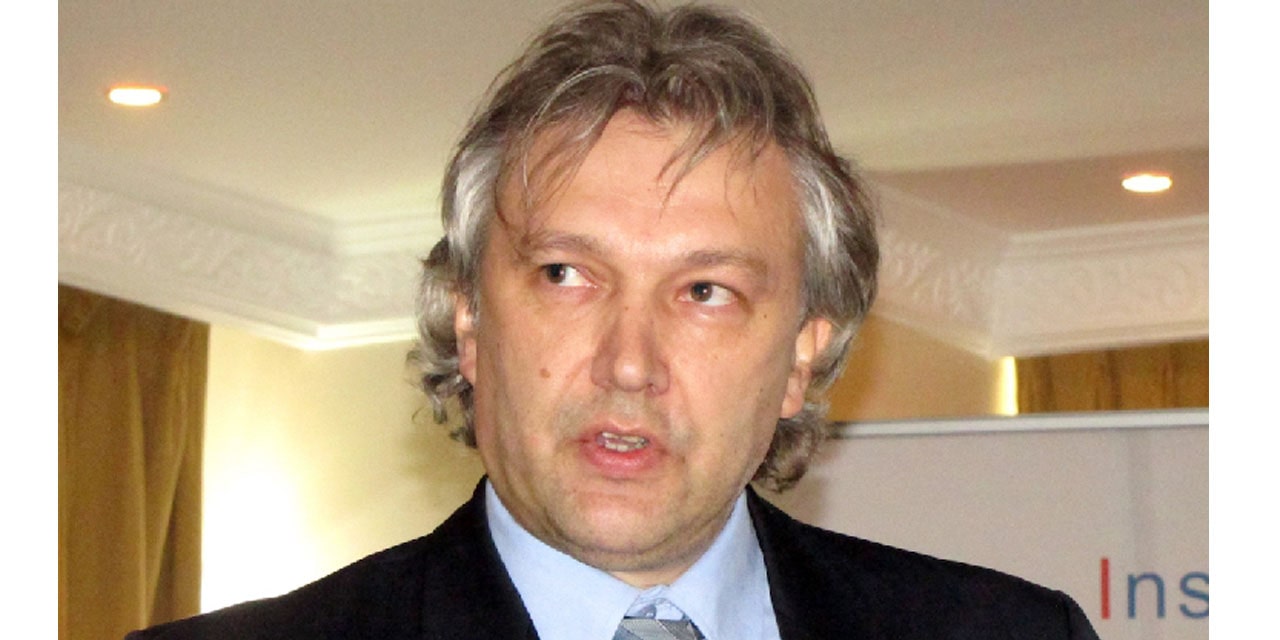Martin Endjala
The Director of the Institute for Public Policy Research, Graham Hopwood has blasted the government over its mixed messages on the size of civil services which it said it will cut down to 50 percent.
The announcement of more than 2 000 jobs to be created this year will only put more strain on the high budget already accumulated, Hopwood said.
According to Hopwood, it is easier for government to add jobs to the defence and police forces because the educational requirements for recruits are relatively low.
Hopwood further stressed that President Hage Geingob wants to see the Civil Service cut by 50 percent while at the same time in his current State of the Nation address last week Thursday in parliament, he announced the expansion of the security cluster after he revealed that the Namibian Police will create an additional 1000 jobs in its 2023 calendar.
“The government is giving out mixed messages on the size of the civil service. First, the President says he wants to see the civil service cut by 50 percent and then a couple of weeks later he announces an expansion for the security sector,” Hopwood said.
The Namibian Defence Force will create an additional 1500, the Namibia Correctional Services has already commenced with its intake this year in January where about 300 jobs were created. The police will also recruit 1000 individuals. wN$200 million will be set aside to recruit more teachers.
Hopwood said that this is giving out mixed messages and government needs to start looking at its State-Owned Enterprises if it really wants to cut on the civil service budget.
Hopwood added that for a long time, Namibia’s public service wage bill has been too high and is driving up the country’s high debt levels. According to him, no one seems to have a solution for bringing the wage bill down.
He maintains that cutting the budget of civil services can never be the solution, adding that a 50 percent cut is too drastic and will have dramatic negative socio-economic effects on the population at large.
He is therefore, of the view that the government needs to focus on enabling the private sector, particularly Small and Medium Enterprises and youth-led enterprises, to create jobs while gradually reducing the size of the civil service and increasing its efficiency. Meanwhile, in 2019, President Hage Geingob said that the bloated public wage bill which was at N$29.3 billion is an issue of concern that needs to be addressed.
Geingob raised this concern in his fifth State of the Nation Address. “The public wage bill has increased and becomes, rightly so, an issue of concern to all of us and I am on record having stated that it needs to be addressed”. He said at the time.
The wage bill is comprised of political office-bearers, civil servants and uniformed personnel. Geingob said that it is due to annual inflationary adjustments, the filling of critical vacant posts, an increase in public entities and job evaluation and re-grading conducted in government.
Despite making this concern, the President warned that while the government is currently the largest employer, in an environment characterised by high levels of unemployment, attempts at downsizing should be treated with utmost care.
The government currently has 107 000 employees, who will gobble up N$32 billion in wages during the current financial year. With civil servants now demanding an eight percent salary hike across the board.
The wage bill will be eating up a big chunk of the N$84.6 billion 2023-2024 national budget tabled recently by finance minister Iipumbu Shiimi.
The announcement comes at the back of the nation’s cry out for the high rate of unemployment in the country, which is estimated to be at 60 percent, this announcement the President said is the government’s efforts in addressing unemployment in the country.




